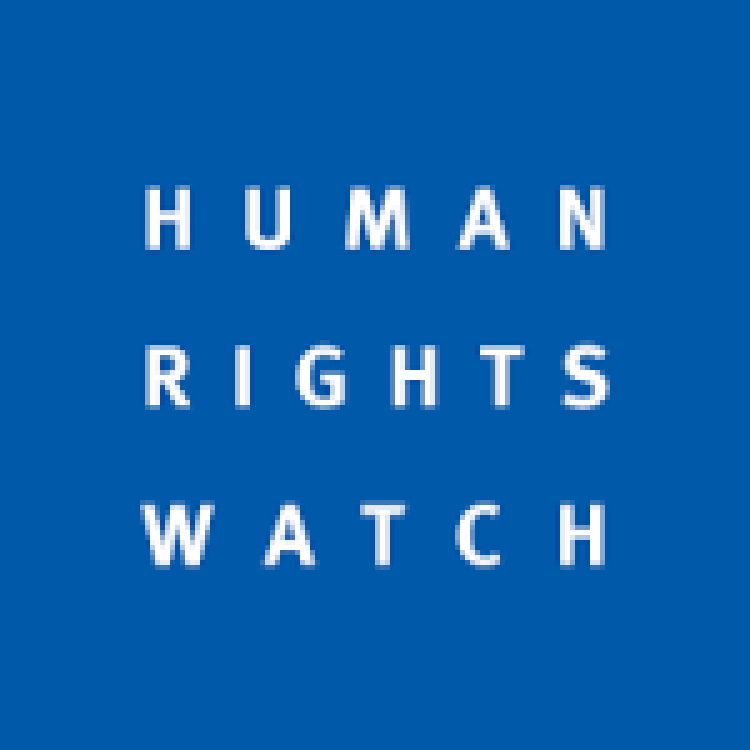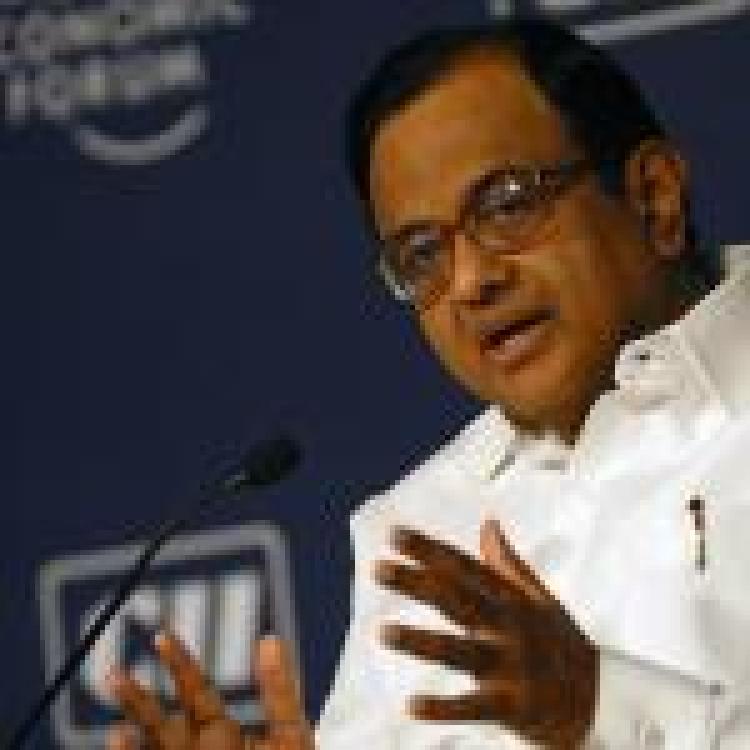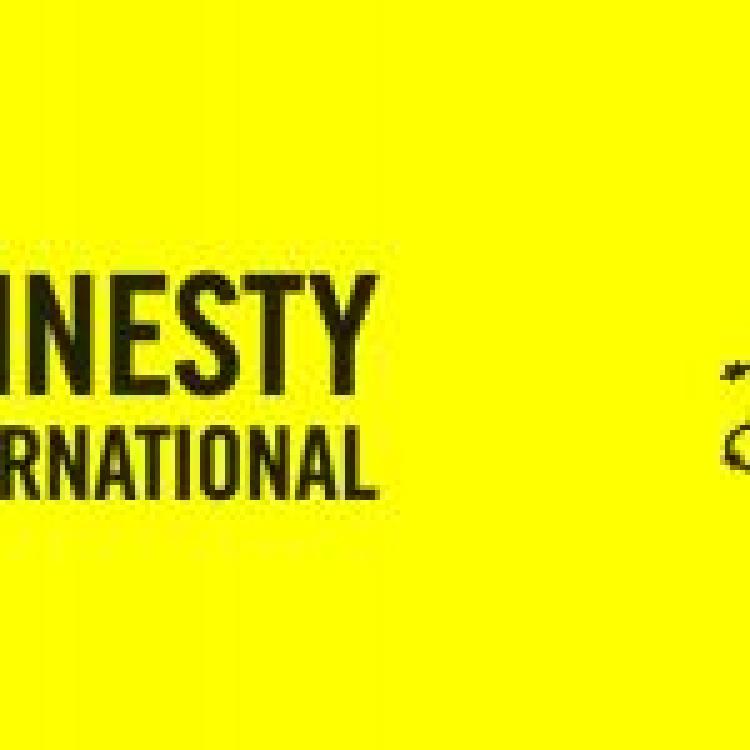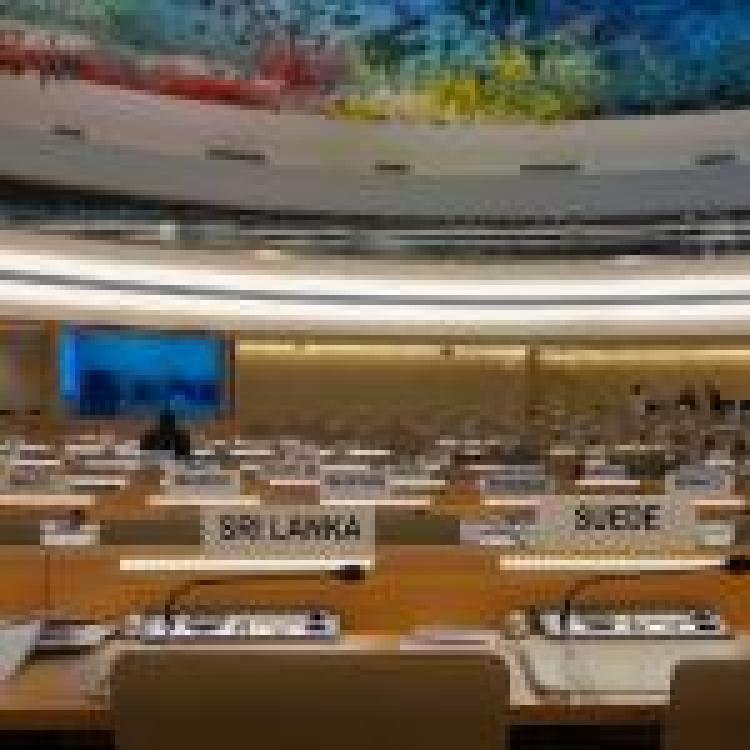TNPF leader Gajendrakumar Ponnambalam expressed his party’s concern over the new UNHRC Resolution 46/1 on Sri Lanka, which seeks to investigate the crimes committed by the Sri Lankan government, as being “very disappointing” and “contrary to natural justice” during a speech in Parliament.
“It is a resolution that deceives the affected people,” he said. “Affected Tamils are asking for an international mechanism that can fully investigate all crimes, including the genocide perpetrated against Tamils by this government.”
According to the parliamentarian, the resolution is a measure that protects the Sri Lankan state. Comparing the now withdrawn Resolution 30/1, which included the involvement of 'international prosecutors and international judges' to try the atrocity crimes committed up to and during the end of the armed conflict in 2009, Ponnambalam highlighted that the new resolution, in particular Operative Paragraph 9, permits the Sri Lankan state, which is largely responsible for these crimes, to investigate the crimes it has committed.
“This resolution is very weak and weak in terms of the responsibility of the Tamils, the affected people, for justice,” the MP stressed.
He believes that the struggle of the Tamil people is being exploited as a tool for the benefit of the international community’s geopolitical interests in Sri Lanka. “We (TNPF) see this as pressure on India and the West to defend their respective geopolitical interests for this government, which is completely leaning towards China. Those powers have used the Tamils only as a tool for that purpose.”
“It is a matter of concern that in this geopolitical rivalry between India and the West and China, the Tamils are being used as mere dice to bring this pro-China government to their way,” he added.





